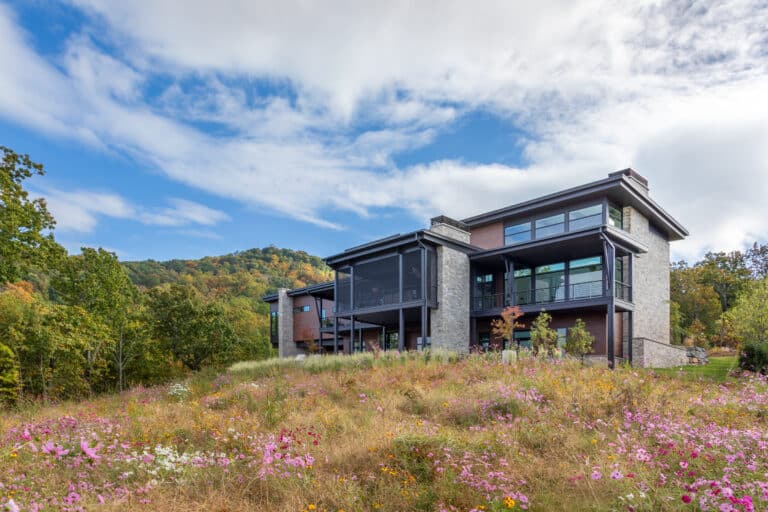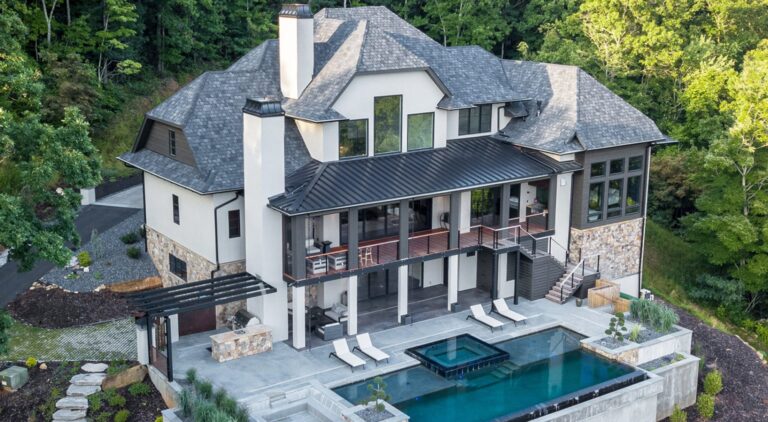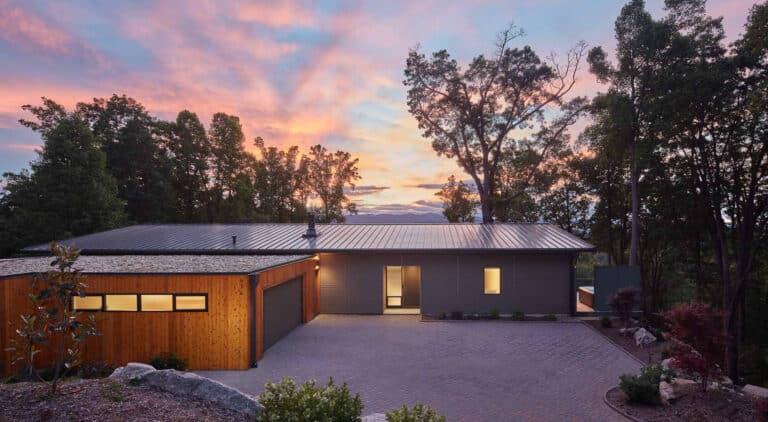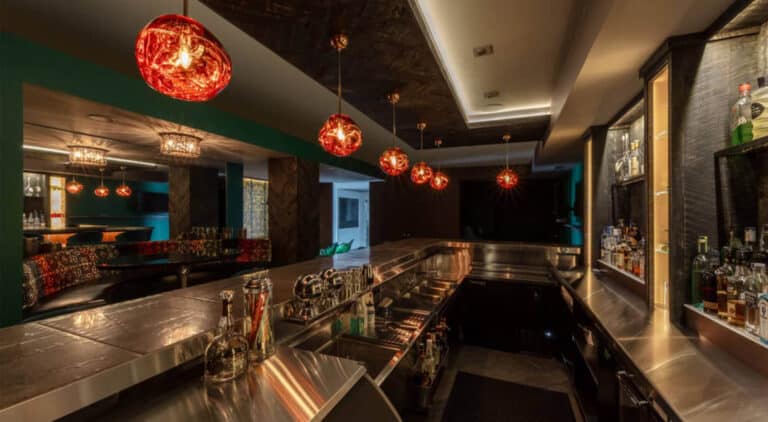When you’ve decided to build a home the next step in the custom home building process is discovering the best questions to ask your home builder. It’s easy to want to rush into things, especially when you’re excited, but the most satisfied homeowners put in the time to vet and qualify the builder, not to mention the architect, interior designer, landscape architect, and anyone else involved. With 30 years of experience, Bluestone Construction gives you the best questions to ask your home builder to help you understand what you can expect from your home builder and why that’s important.
1. What kind of truck do you drive? What’s your favorite football team?
You want to know who your contractor is as a person.
– Do you like them?
– Can you see yourself working closely with them for the next year?
Whichever builder you select you will be calling, emailing and contacting constantly. A good working relationship is vital.
2. How long have you been in the custom home business?
A luxury custom home should be built by a seasoned team.
– Look for at least 12-15 years of experience, particularly if you want to see a good range of past projects.
– Talk about how the builder will handle your money.
– Research your contractor’s financial solvency.
You want a builder that will be there through the good times and the bad. At Bluestone, we are here for the long term, to continue to service your Carolina custom home in the future.
3. Can I have a list of client references?
We’d suggest interviewing at least four or five references.
At Bluestone, we provide 15–20 phone numbers of previous or current clients for prospective homeowners to contact. Each listing also includes a short description of the project (a $2M home in Cliffs, or a $300K kitchen remodel).
Bluestone is proud of how we conduct our business — with complete honesty and integrity — and it shows, with the excellent references we receive.
4. May I visit a custom home of yours that’s under construction and/or completed?
If you’re able to visit a home in-progress, take a look at the site conditions.
– Is the building site tidy?
– Are workers performing their work safely?
– Does the work quality match what you’re looking for?
Seeing completed homes in person can also be beneficial and provide more insight than viewing a portfolio online.
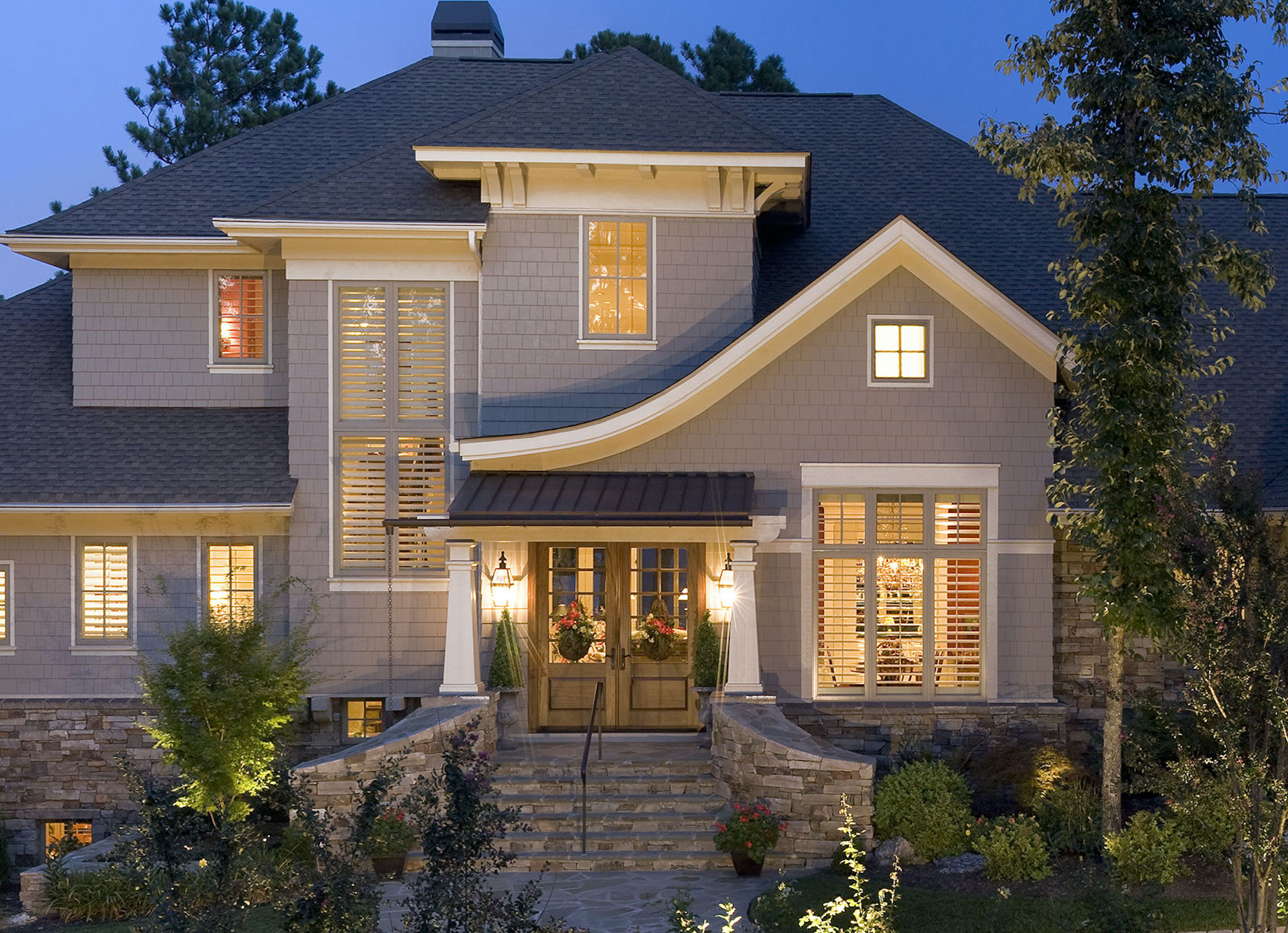
5. Is the construction done in-house or subbed out? If you use subs, how do you decide which subs to use?
A home builder who works consistently with the same subcontractors is an advantage to you. This means they’ve already done the hard work of sourcing great tradespeople — ones they are happy to work with time and time again.
– If the builder subcontracts work out, do they prioritize quality, budget, or schedule?
– Do they get multiple quotes?
We like a mixture. We use excellent in-house project management and labor, as well as the best subcontractors in the area.
6. What systems and tools do you use in the home building process?
Builders are people, and thus, each has their own way of doing things. Find out what the custom home building process looks like and how it aligns with your needs and expectations.
– Is their project management process transparent?
– How do they bring homeowners into the process? Ad hoc or with regular meetings?
– Do they use a project management system?
– Purchase orders are an essential tool for cost control. Do they use them?
– Will they share a typical project schedule?
At Bluestone, we have honed our process to suit a wide range of homeowners — check out our process here.
7. Do you work cost-plus or fixed price?
This is a biggie. Here’s what you need to know about each:
Cost plus home building means that the homeowner pays whatever it costs to build the home, plus a markup to cover overhead and profit. This is the best scenario for creating the highest quality home because you can be assured the builder won’t be looking for shortcuts. Homeowners are also able to see the breakdown of costs and be part of evaluating options.
Fixed price means a predetermined price agreed upon by builder and homeowner. This usually forces the builder to make a lot of guesses. It is also to the builder’s advantage to keep this figure as low as possible in order to make the sale. The word “fixed” is a little deceiving — it doesn’t mean unamendable. With fixed price projects, builders often use change orders to make up for under-pricing and request additional funds. It can also be challenging for homeowners to sort through the allowances added to fixed price bids. Some may be reasonable while others aren’t in your best interest.
At Bluestone, we offer full transparency for the costs incurred in your project. In fact, we store your custom home invoices in the cloud each month, so you can review them anytime.
Be sure to ask potential builders exactly how project management costs are accounted for because every builder will do things a little differently.
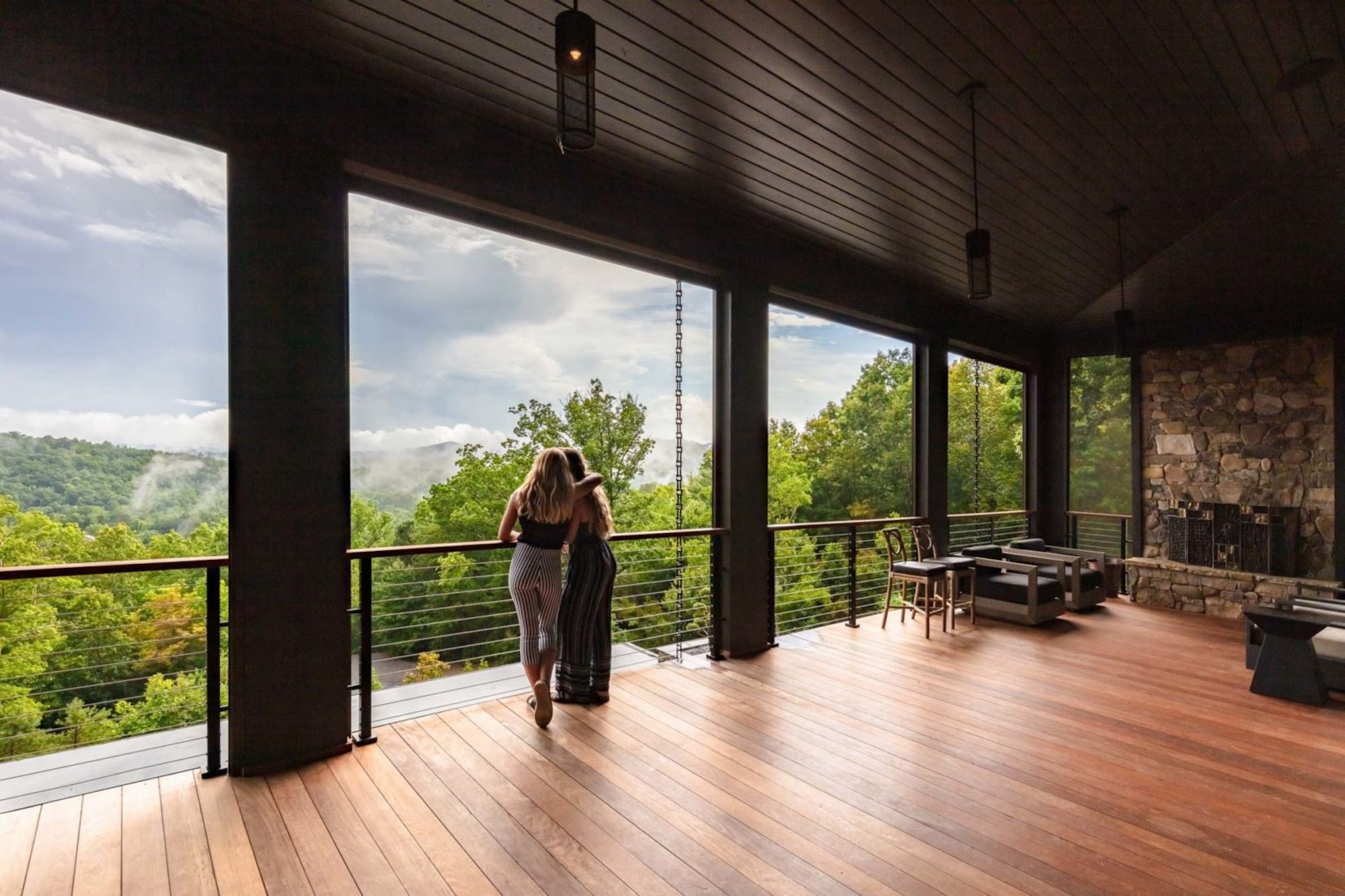
8. Do you give estimates or draft a preconstruction service agreements (PSA)?
Most builders prepare estimates, but we believe there’s a better way.
Preconstruction service agreements offer more accuracy and better cost estimation, as well as a solid base from which to trust your builder.
9. What do you consider best practices in terms of water management? How about climatizing a custom home?
Does the builder skip water management steps to save costs?
– We always put a drainage mat between the plywood and exterior siding to channel any water away from the house and prevent water leaks and rot.
– What about flashing? Improper flashing can cost you thousands of dollars down the road.
– Does the contractor own proper tools to measure the moisture content of your subfloor or the humidity level?
We own several job-site, trailer-mounted HVAC units that we use to control the climate in the home while under construction. Asking questions like these will help you to gauge their commitment level to best construction practices.
1o. How is the company organized? How many employees are there?
A large contractor crew may be a good thing. It can mean:
– More building experience to draw from
– More in-house resources
– Fewer labor shortages
It could also mean:
– Getting buried under a long client list
– Paying more to account for higher overhead
A smaller team of builders may offer more agility and attentive service. There is no single right choice here, but you should consider what is most important for your custom build.
Before You Reach Out to a Home Builder
Write down what you want in your property, builder, and home building experience. We recommend creating a visual mood board or folder of links before you reach out to builders. Spend some time on Houzz, Pinterest or Instagram — trust us, it’s almost too easy to do. Download this list in an easy, printable PDF format. The team at Bluestone would be happy to answer these and any other questions you might have, if you’re ready to schedule a meeting with us. Or learn more about our process or how to start pulling together inspiration for your home.

